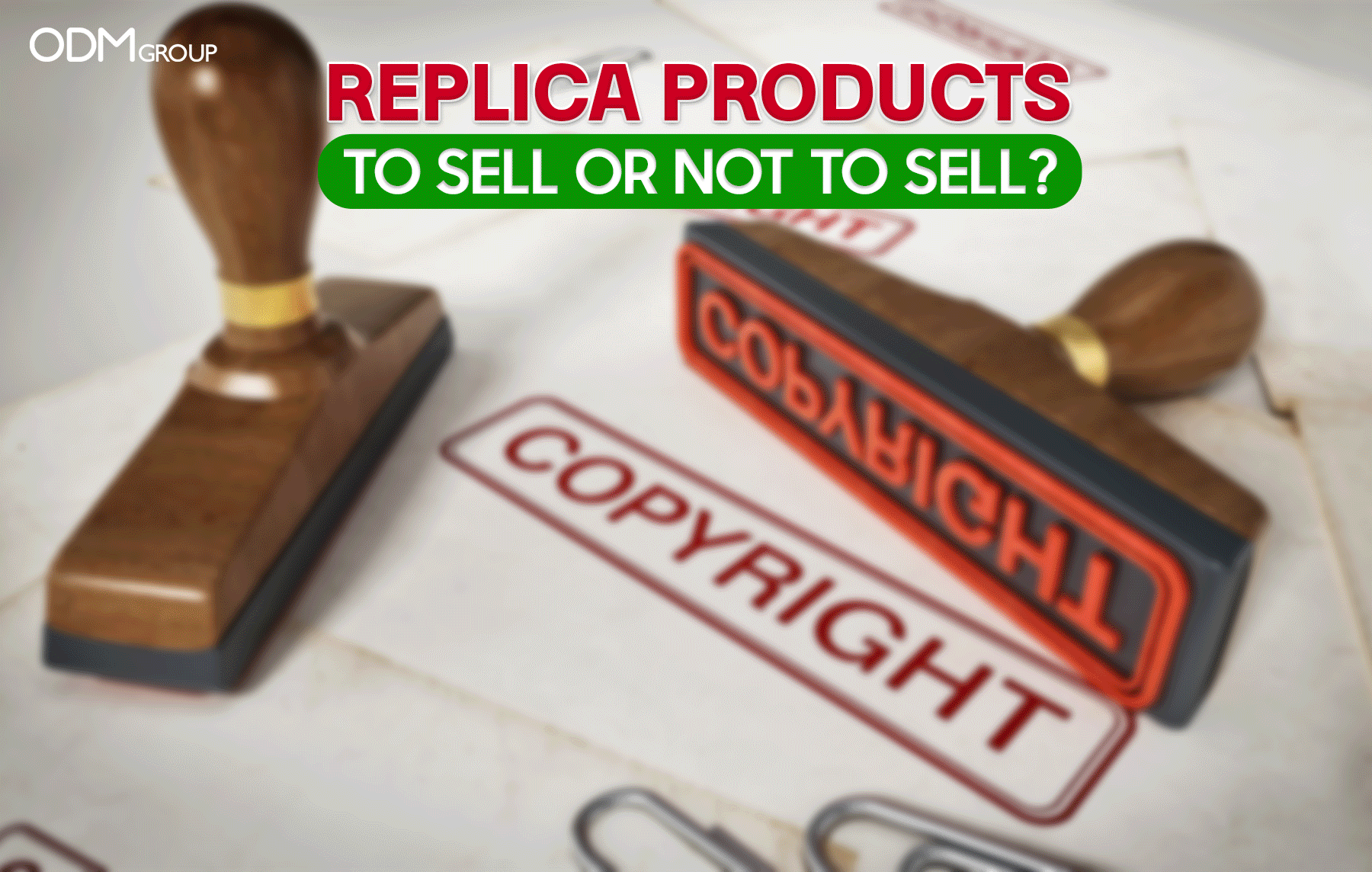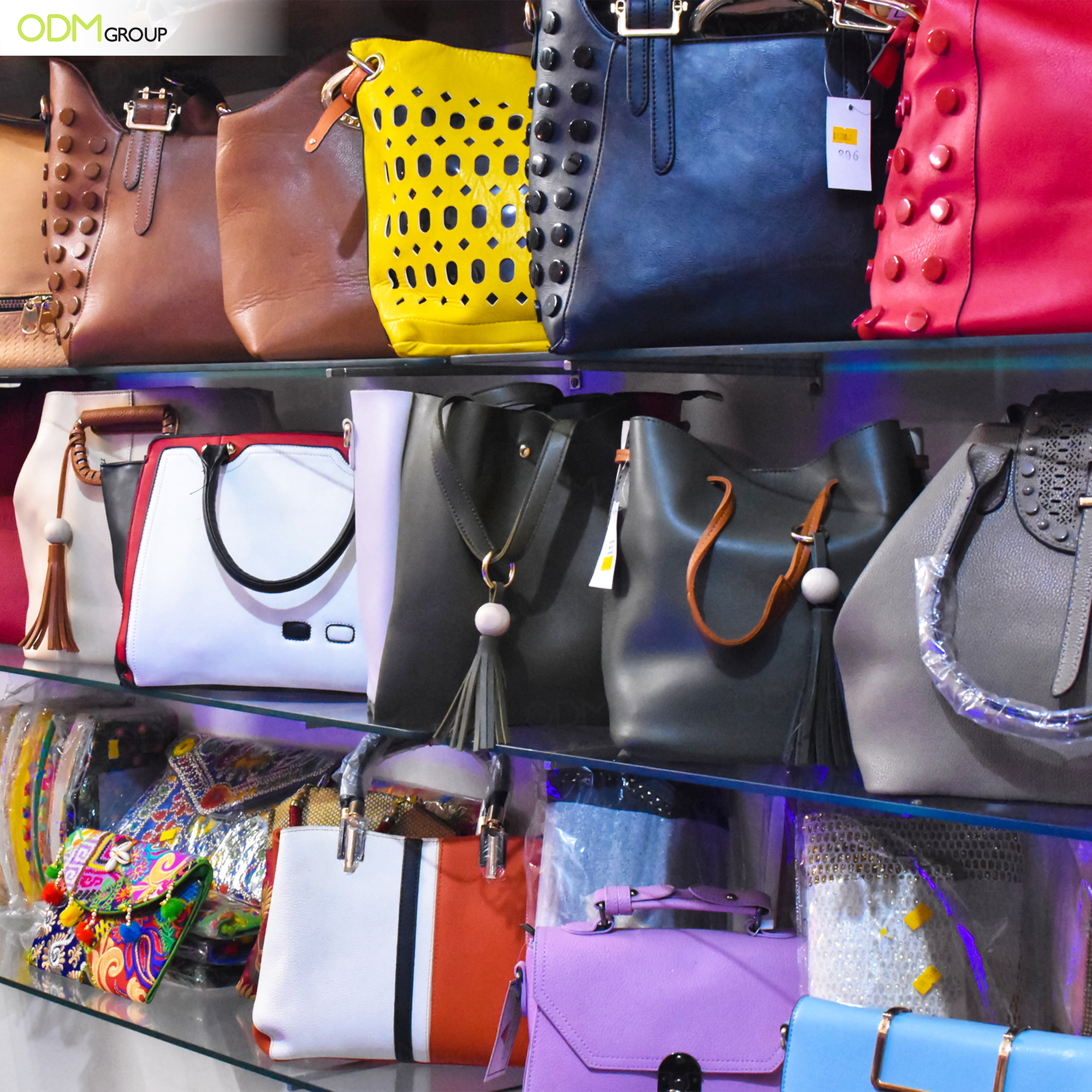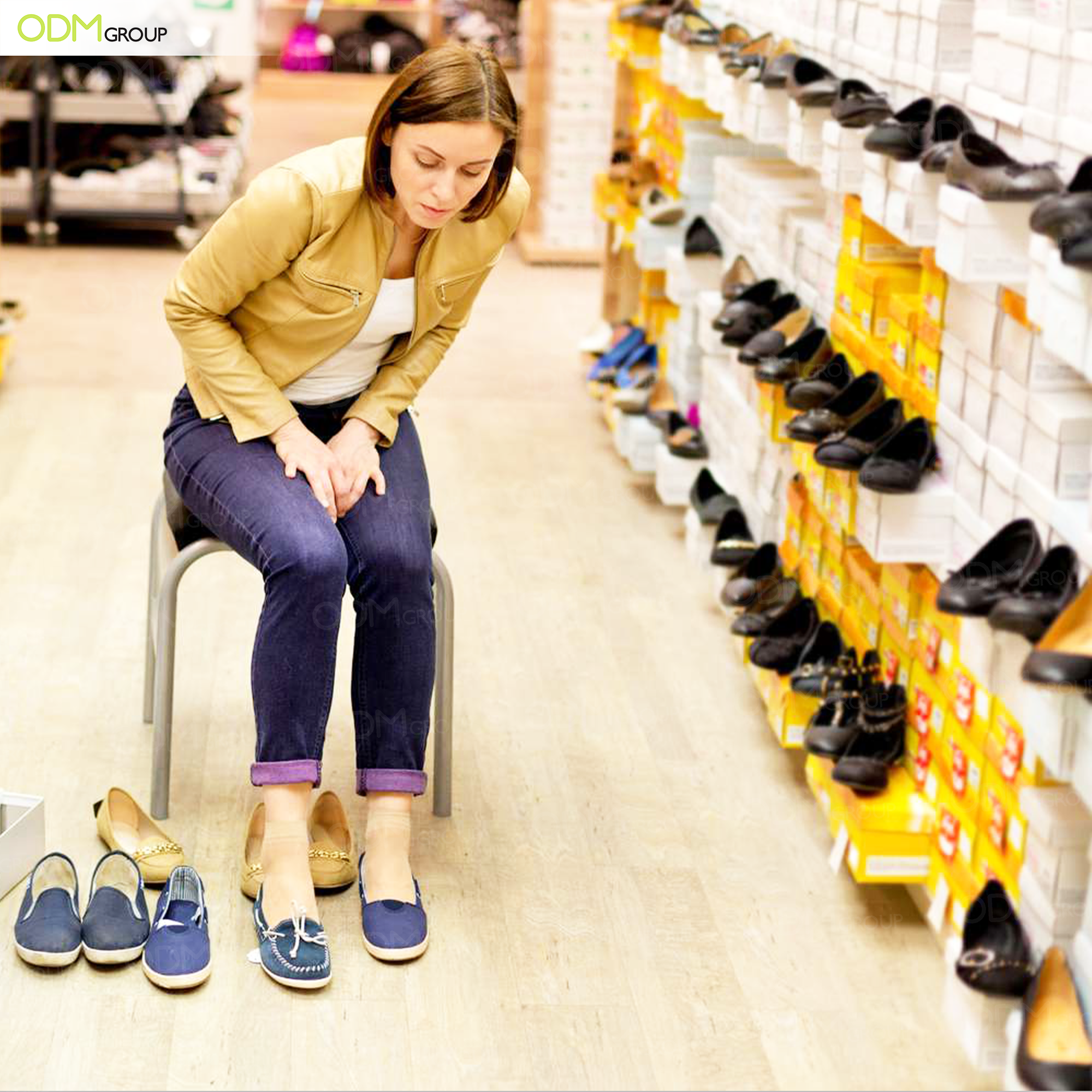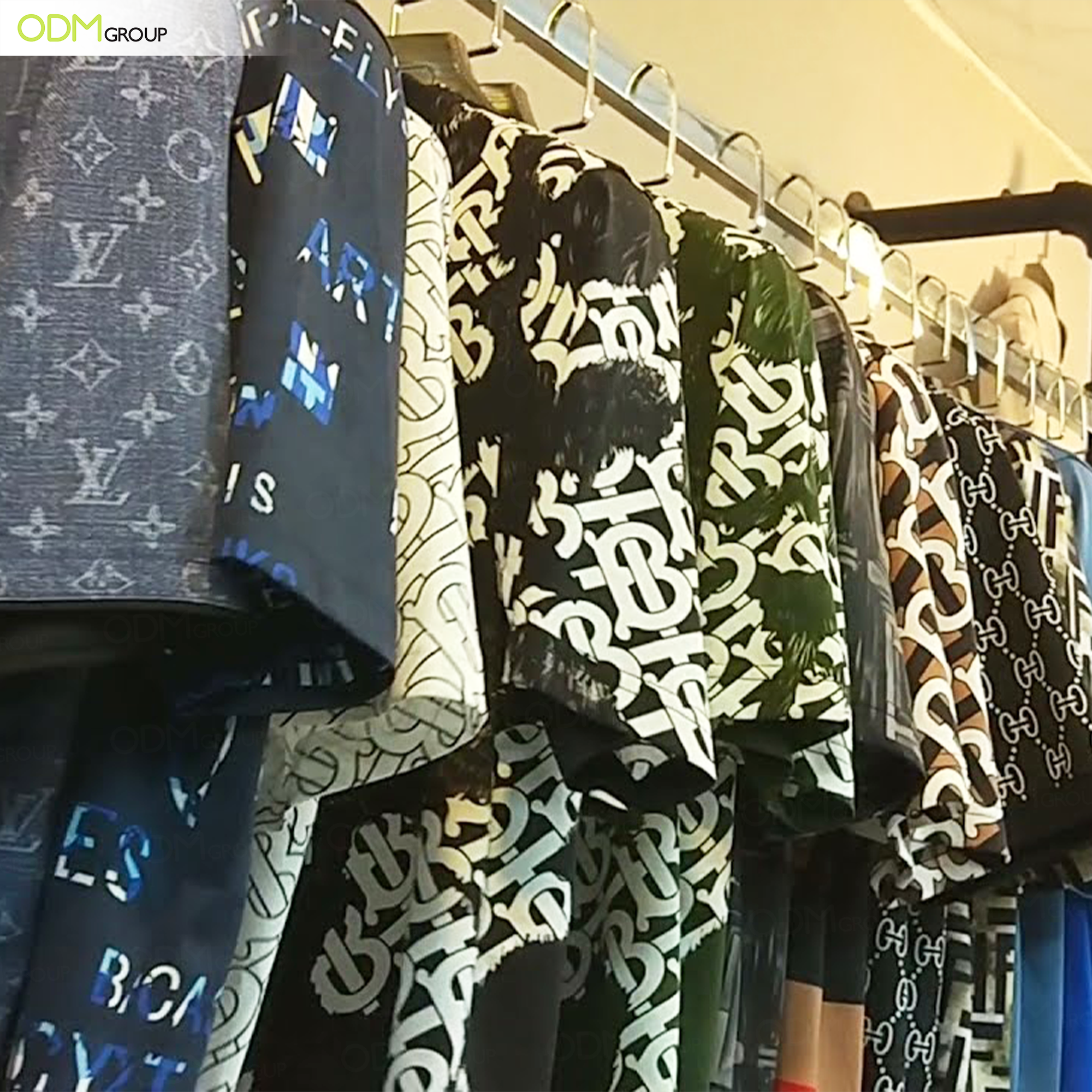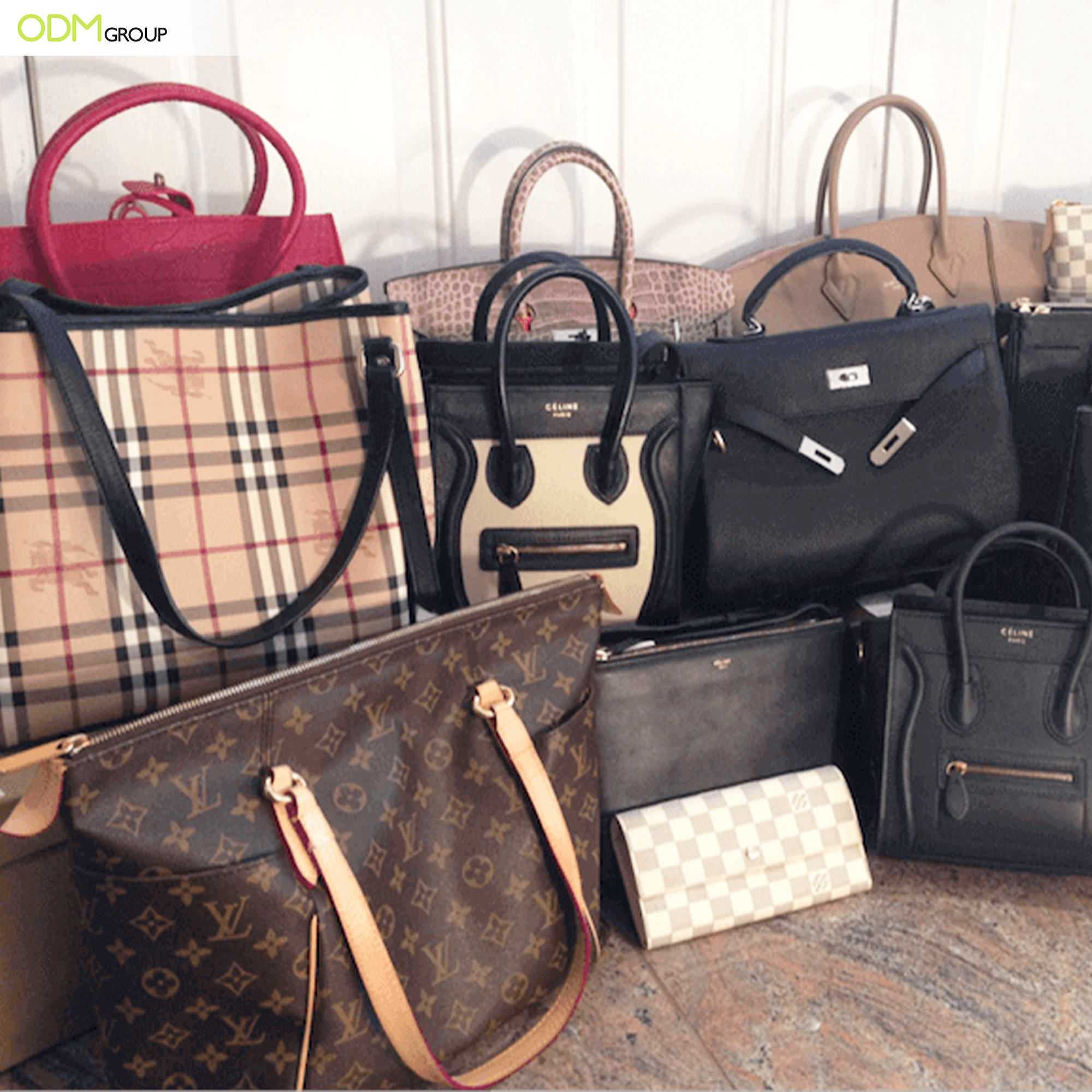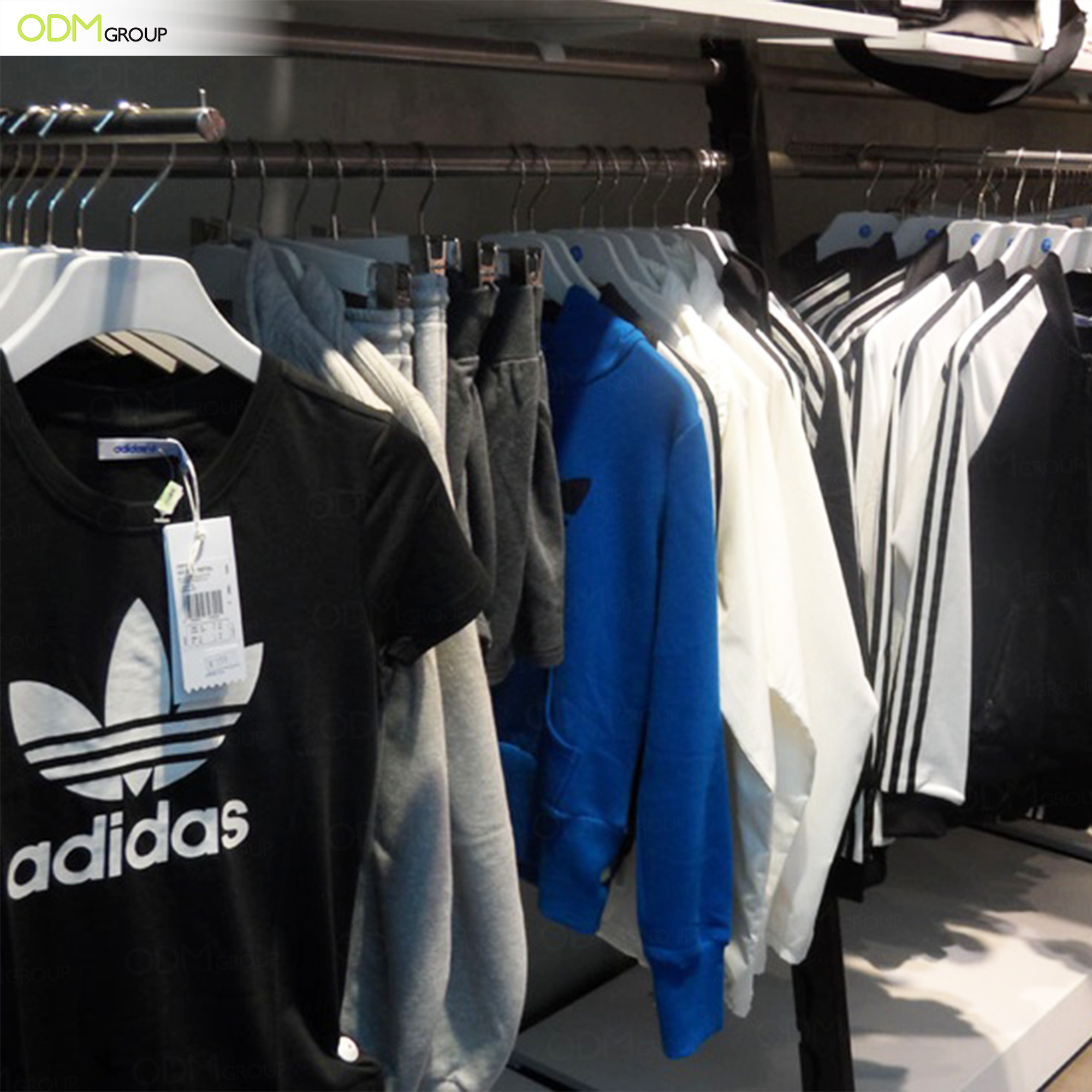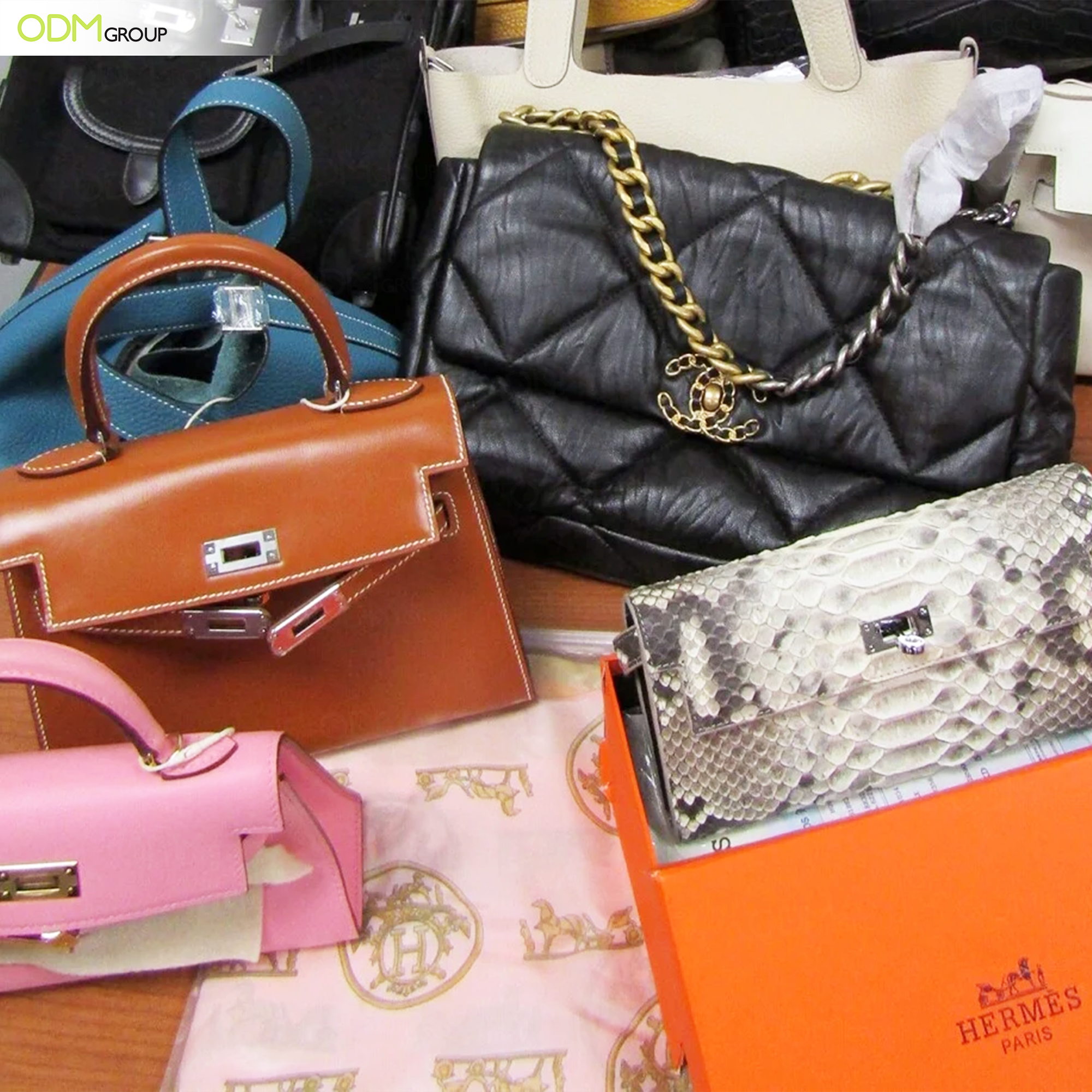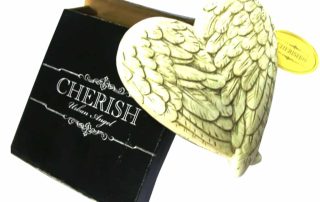Replica products have gained popularity in recent years, giving consumers the opportunity to own luxury or high-end items at a fraction of the original price. However, a pressing question arises – is selling replicas illegal?
In this comprehensive guide, we will discuss the legal implications of selling replicas, helping businesses understand the potential consequences of engaging in such activities.
What is Intellectual Property Rights (IPR)?
To fully comprehend the legality of selling replicas, it is essential to understand the concept of Intellectual Property Rights (IPR) and its relevance to replica products.
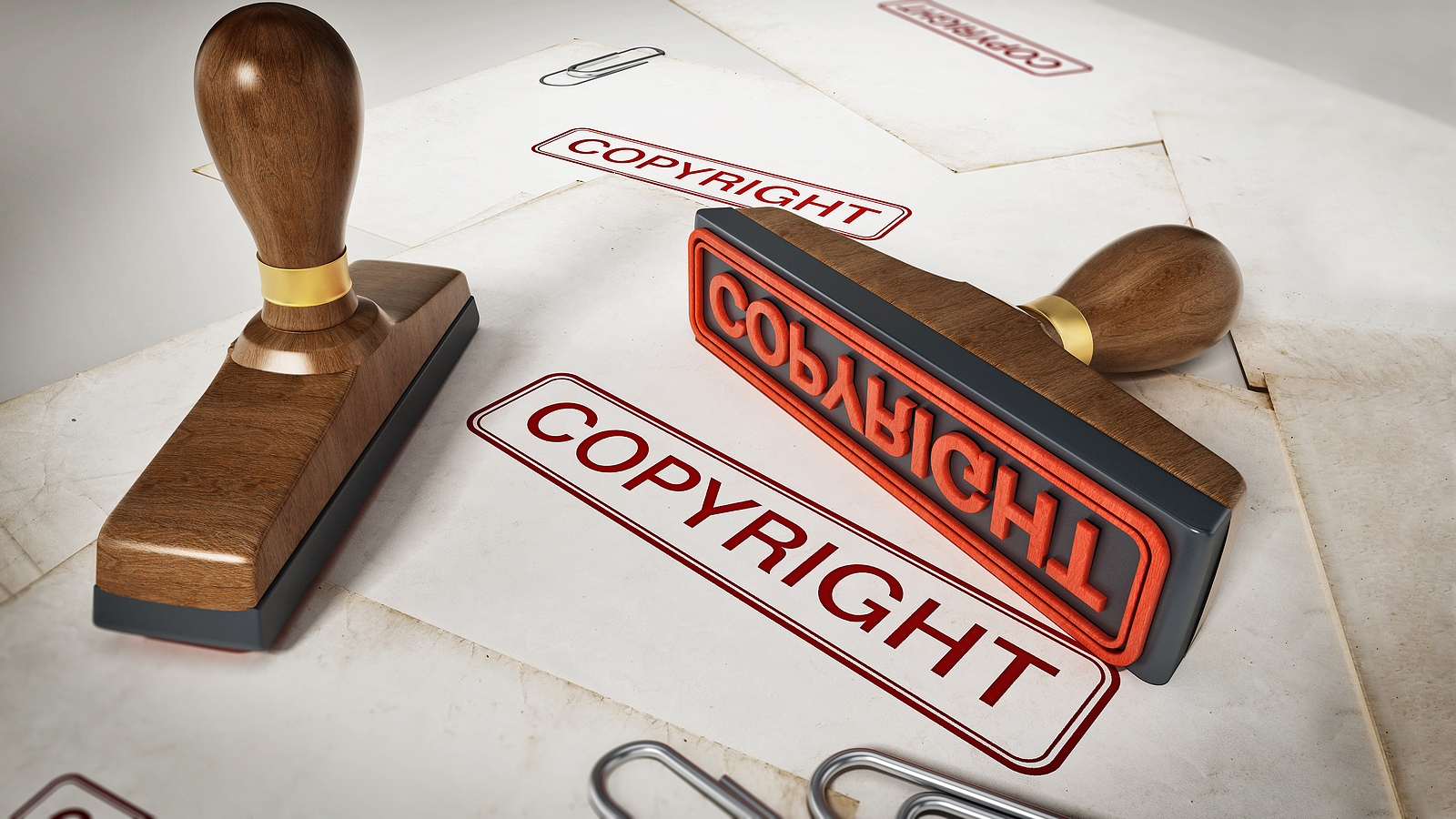
Intellectual Property (IP) refers to intangible creations of the human intellect, such as inventions, artwork, music, literature, and brand names. Its purpose is to protect the creators’ rights and provide them with exclusive control over the use and dissemination of their creations.
On the other hand, copyright protects original creative works, such as literature, music, artworks, and photographs. It gives the creator exclusive rights to reproduce, distribute, and display their work.
Trademark Law protects brand names, logos, and distinctive symbols that identify and distinguish products or services. Trademarks are crucial for consumers to recognise the source and quality of goods.
Meanwhile, patent law secures new inventions or innovative processes, granting inventors exclusive rights to make, use, or sell their inventions for a limited period.
Although most replica products do not involve patented features, it is essential to be aware that replicas replicating patented designs or features may infringe upon the patent holder’s rights.
Replicas vs. Counterfeit Products
While replicas and counterfeit products might seem similar, the two have significant differences. Thus, it is essential to identify replicas and counterfeits to understand the legal implications of selling replicas.
Replicas are products that closely resemble and imitate a genuine product’s design, appearance, or functionality. They are often produced to provide consumers an affordable alternative to expensive luxury items. Take note that replicas are not advertised as genuine products and do not attempt to deceive consumers into claiming they are purchasing an original item.
On the other hand, counterfeit products are intentionally made to defraud people by imitating genuine products in every aspect, including packaging and labelling.
These products are made to pass off as authentic products to benefit from the reputation and success of the genuine brand. Counterfeit products, such as trademarks and copyrights, are illegal and infringe upon Intellectual Property Rights.
Consequences and Penalties
Selling replicas has corresponding consequences and penalties. Both civil and criminal liabilities can be imposed when violating the intellectual property rights of others. Let’s examine the possible fines for selling replicas.
a. Lawsuits and Injunctions: The owners of the original copyrighted works can file civil lawsuits against individuals or businesses involved in selling replicas. These seek to stop the infringing activities through injunctions and recover monetary damages for the harm caused. Consequently, the aggrieved party may require substantial financial compensation if entities are found guilty of infringement.
b. Statutory Damages: In copyright infringement cases, the owners may ask for statutory damages instead of actual damages. Statutory damages are predetermined amounts established by law, ranging from a few hundred dollars to thousands per infringed work.
c. Legal Fees: Engaging in legal battles to defend against copyright or trademark infringement claims can lead to costly legal expenses. Even if you ultimately prevail in the lawsuit, you must still cover your attorney’s fees and court costs.
In some cases, selling replicas can lead to criminal charges, especially if the replicas are deemed counterfeit. Criminal penalties for the sale of counterfeits can be severe and may include the following:
a. Fines: Individuals or businesses may be subject to substantial fines if found guilty of selling counterfeit goods. The amount of the penalties will vary depending on the jurisdiction and the specific laws violated.
b. Imprisonment: In more serious cases, entities involved in large-scale counterfeit operations may face imprisonment. The duration of the imprisonment will depend on the extremity of the offence and the applicable laws.
Getting involved in selling replicas, especially if it involves trademark infringement, can have long-lasting reputational consequences.
Consumers value authenticity and can lose trust in a brand or business associated with selling replicas. In addition, negative publicity and damage to your reputation can impact future business opportunities and relationships.
If authorities discover your involvement in selling replicas, they have the power to seize and destroy the counterfeit goods. This can result in a big loss of inventory and financial investment.
Tips to Sell Replicas Legally
Though you may face legal consequences in selling replicas, there are ways that it can be done legally. But of course, there are certain guidelines and practices to follow.
Taking the necessary precautions can reduce the risk of infringing on intellectual property rights and ensure that your business operates within the boundaries of the law. Here are some tips to help you sell replicas legally:
The first and most important way to sell replicas legally is to obtain the necessary brand authorisation. It involves entering into licensing agreements that grant you the right to reproduce and sell the replicas. In this process, individuals or businesses must seek permission from the original creators, artists, or brand owners to ensure their activities are authorized.
Instead of replicating works, focus on creating your own original designs. By developing unique and distinctive products, you can avoid the legal pitfalls of replicas and differentiate your business in the market.
Conduct thorough research before designing or selling replicas. This will help you ensure you are not infringing on existing copyrights or trademarks. It is also advisable to use trusted resources such as copyright databases, trademark registries, and professional legal advice to verify the originality and legality of your products.
Asking for advice from an intellectual property attorney can help better understand the complexities of copyright and trademark law. It can help you familiarise yourself with the boundaries of fair use, identify potential infringement issues, and guide you through the necessary licensing process.
Develop a strong understanding of copyright and trademark laws related to your industry and products. Educate your team on respecting intellectual property rights and the potential consequences of selling replicas illegally.
Work with reputable suppliers and manufacturers who operate within the boundaries of the law. Ensure that they have the necessary authorizations and licenses to produce replicas. By partnering with authorized suppliers, you can minimize the risk of unintentionally selling infringing products.
Diving deeper…
Understanding the law surrounding patents in the promotional product industry is crucial. Learn how to create your product without breaking the law.
Patents are one of the Intellectual Property Rights (IPRs) granted to new products or processes to reward invention & innovation. They give the owner an exclusive right to exploit the new products or processes for 20 years.
The symbol (®) represents the Registered Trademark. It is used to indicate that a particular word, phrase, logo, or design has been officially registered and protected as a trademark with the appropriate governmental authority.
China NNN (Non-Use, Non-Disclosure, Non-Circumvention) Agreement can be compared with Western countries’ NDA (Non-Disclosure Agreement). NNN agreement is designed to protect individual property and confidentiality when working with manufacturers in China.
Selling replicas may seem like a lucrative business opportunity, but it is crucial to understand the legal implications and potential consequences. Engaging in the sale of replicas without proper authorization can lead to significant civil and criminal penalties, including lawsuits, fines, imprisonment, and reputational damage.
Remember, the consequences of selling replicas illegally can be severe. It is always better to prioritize legal compliance, protect your business, and establish a positive reputation for your brand.
Selling Replicas FAQs
All you need to know about selling replicas!
Can I sell replicas if they are not exact copies of the original product?
No, selling replicas, even if they are not exact copies, can still infringe on intellectual property rights. Intellectual property laws protect the overall concept, design, and distinctive elements of a product. Creating minor variations or derivatives of an original work does not necessarily absolve you from copyright or trademark infringement.
What if I label the replicas as inspired by or similar to the original product?
Labeling replicas as inspired by or similar to the original product does not provide legal protection or authorization to sell replicas. Intellectual property laws still apply, and if the overall design, concept, or distinctive features of the original product are replicated without proper authorization, it can still be considered infringement.
Can I sell replicas if I purchased them from a supplier who claims they are legitimate?
Purchasing replicas from a supplier who claims they are legitimate does not absolve you from legal consequences. As a seller, you are responsible for ensuring the authenticity and legality of the products you offer. It is essential to conduct thorough research, obtain proper authorizations, and work with reputable suppliers who have the necessary licenses to produce replicas legally. Ignorance of the infringement or relying solely on supplier claims does not protect you from liability.
